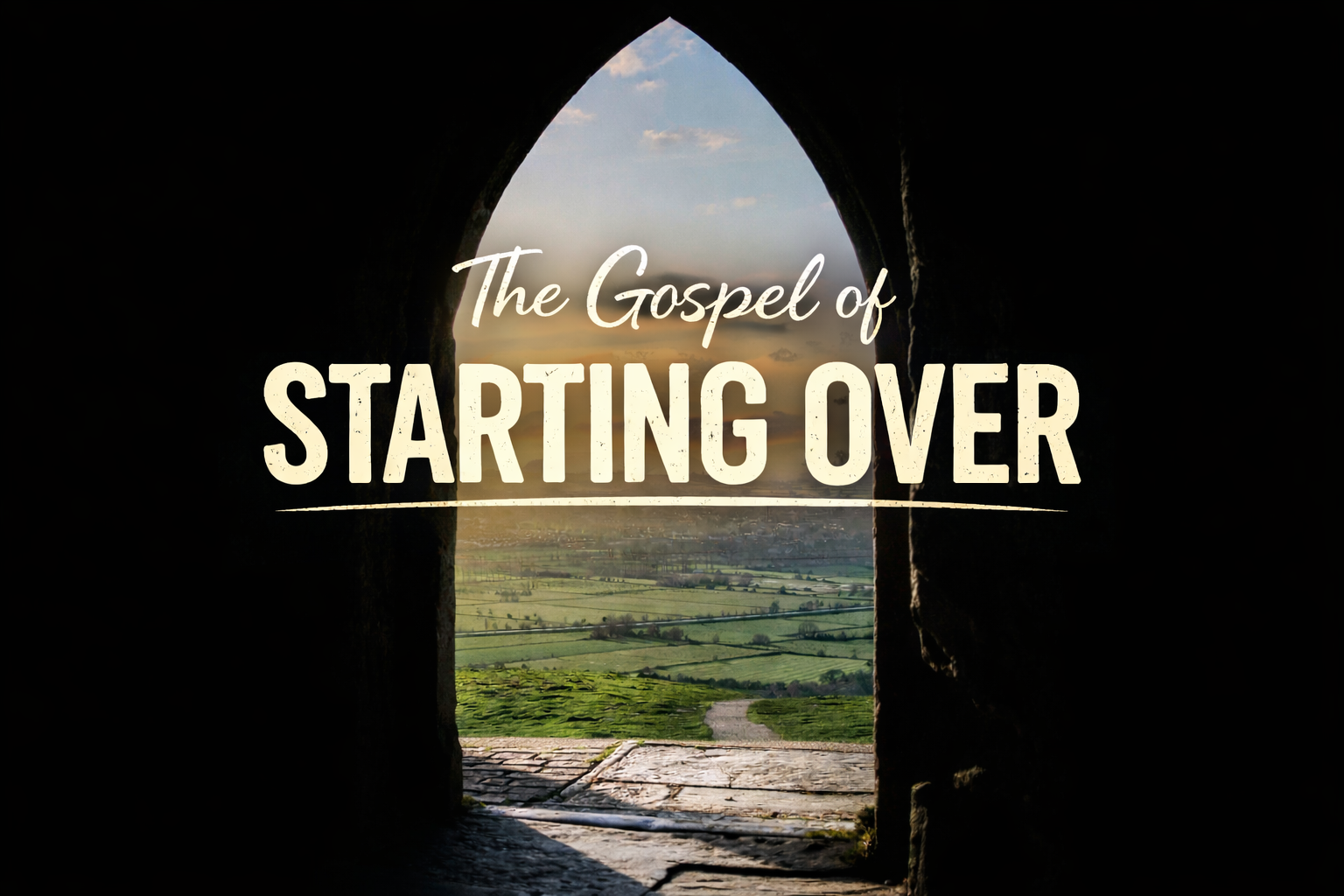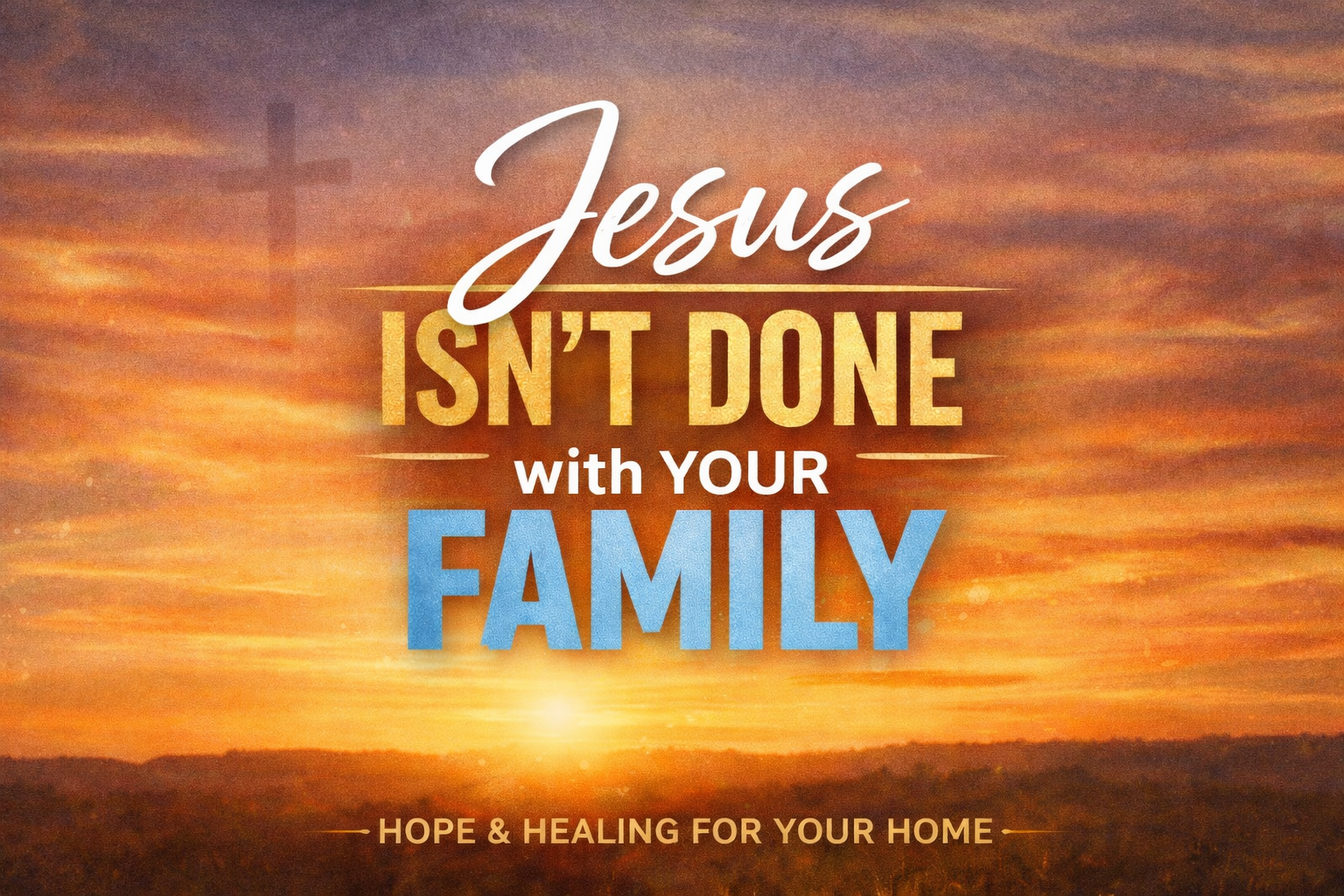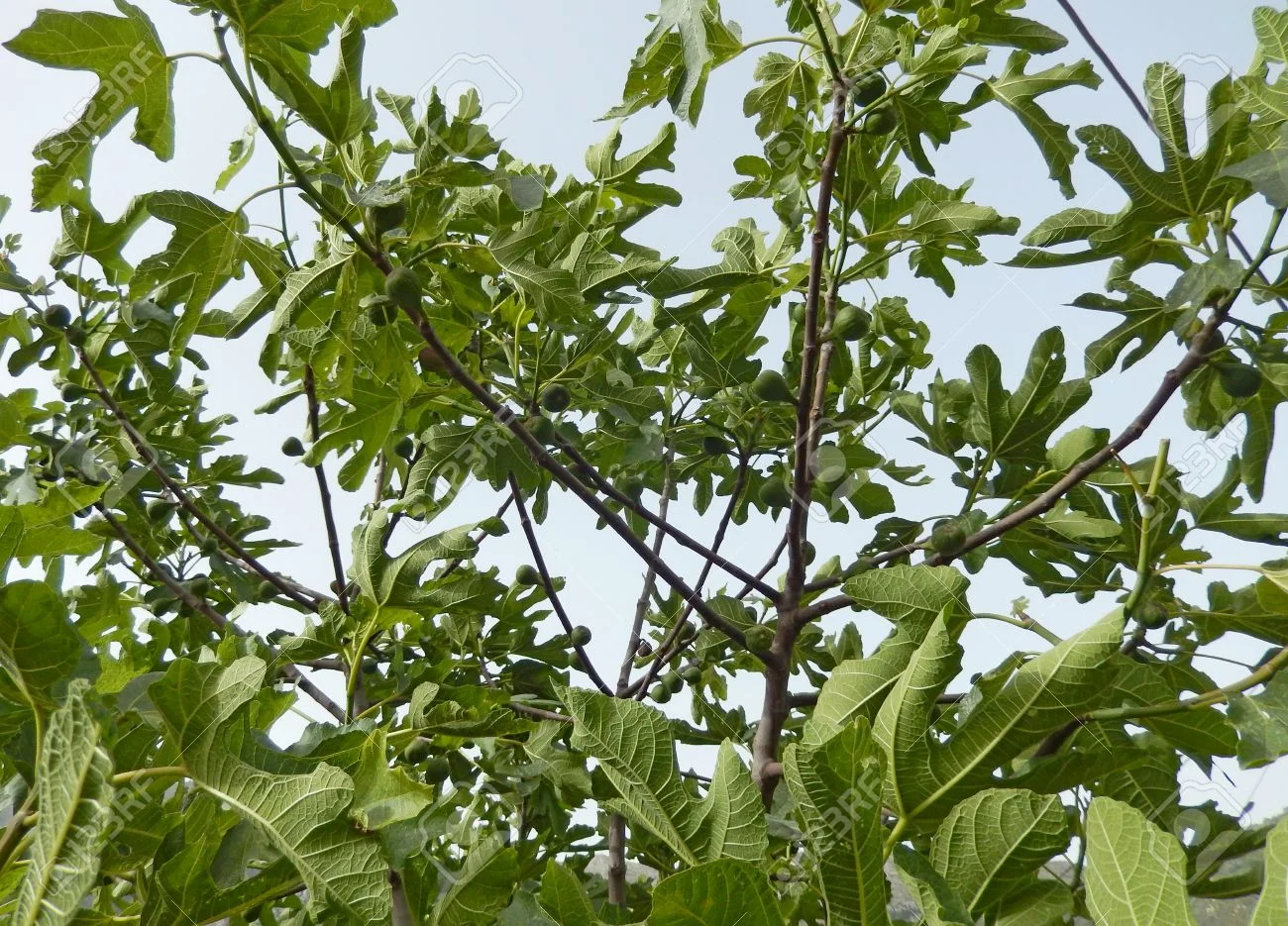I recently began to write commentary as I read Scripture. I find that it allows me to engage with the text in a complete manner, and read and search with the intention of discovering the Gospel and knowing the God of this Gospel. I really believe we will know him when we seek him. Today, I have chosen a text from Habakkuk 3. Habakkuk may seem a curious selection, but I think that we will all soon realize just how pertinent the whole of the Bible is to us.
“Though the fig tree should not blossom, nor fruit be on the vines, the produce of the olive fail and the fields yield no food, the flock be cut off from the fold and there be no herd in the stalls” (Habakkuk 3:17)
And now we arrive onto a bastion of Scripture, a comfort to many, and the shelter of reassurance for more. The prophet just declared, with confidence and assurance, that though an enemy, full of power and robed in might, assails him now, he cries, “yet.” He sees beyond a hopeless circumstance and what seems to fall into misfortune and a bad hand. What does he see? He saw retribution and justice for his enemies, but what else did he see? “Though the fig tree should not blossom, nor fruit be on the vines, the produce of the olive fail, and the fields yield no food, the flock be cut off from the fold, and there be no here in the stalls…”
But what is this? More despair? Yes, indeed. The pleasure of a ripe fig. The enjoyment of just harvested fruit and produce. The sustenance of the heartiness of the fields. The flock, safe and together in unity. The herd, ready to provide. But, no. None remain. “Fig tree…not blossom…olive fail…fields yield no food…flock cut off…no herd.” All that man could want and need, in this era, spare perhaps his family, ripped from him. And yet, disaster such as this may as well cause familial breakdown. Man depends on his trade and his own land for sustenance, but there is none. “Though.” “Though”? How can he say “though” as he laments his losses?
“yet I will rejoice in the Lord; I will take joy in the God of my salvation. God, the LORD, is my strength.” (Habakkuk 3:18-19)
The prophet’s “though” prompts his “yet.” Yes, “though” I have “suffered the loss of all things” (Philippians 3:8), though I have no provision, no inheritance, and no yield, though I lack, “yet,” I lack not. Why? “Yet I will rejoice in the LORD, I will take joy in the God of my salvation.” As the apostle concludes that it is far better to “suffer the loss of all things,” and suffer indeed, that one might “gain Christ and be found in him…and know him,” so the prophet concurs. And, he does so because he has discovered a superior joy, a greater pleasure. He will “rejoice in the LORD,” but what is this? How might one do such a thing?
It seems that his loss and lack and suffering caused him to seek a greater refuge. It seems that his deep rejoicing abounds from intimate beholding He saw God. And he glorified, treasured, and he feared him (Habakkuk 3:2). So, we must see him, and plead with him for eyes to see and a heart alive to him. And, we must seek the work he has done for us, and praise him with joy for that, as a son welcomed into a family, under a loving and gracious Father. The object of his joy is “in the God of my salvation.” His salvation came. From whom? From God. Anyone whom receives a lavish gift inquires of the sender, that they may rejoice together and that the receptor might thank and praise the giver. So he takes joy in God.
But how does this redeem his losses? “God, the LORD, is my strength.” His losses are not undone. But, he has discovered a new provision, an unfailing crop and harvest, a sure sustenance, and pleasure unimaginable. “God, the LORD, is my strength.” Not fig, nor fruit, nor field, nor flock, nor herd. The LORD, strong and mighty, a sure and safe refuge for those who behold his goodness and grace and glory and justice and mercy for sinners that trust in him to be for them what they could not be for themselves.




